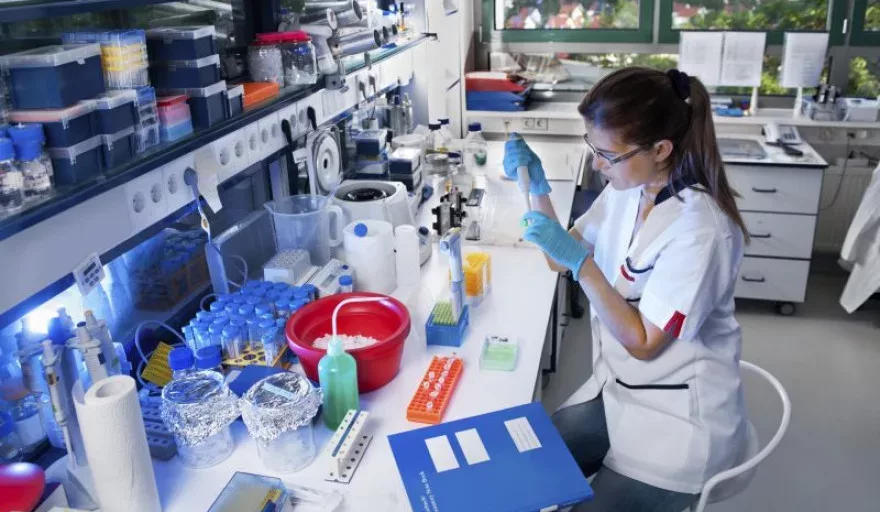EU-funded researchers have developed a new potential treatment for rheumatoid arthritis, based on adult stem cells from body fat, or adipose tissue. The results of initial clinical trials are encouraging, and with a large number of patients all over the world, the benefits could be staggering.
Rheumatoid arthritis affects up to 1 out of 100 people worldwide with little variation between countries. Current treatments for this painful and disabling disease involve early intervention with synthetic drugs, either singly or in combination. Even so, these treatments are not effective for some 20% to 40% of those suffering from rheumatoid arthritis.
The EU-funded REGENER-AR project is a clinical collaborative project aimed at developing a clinically applicable treatment for rheumatoid arthritis. The project team is exploiting the biology of living adult human stem cells extracted from the adipose tissue of a healthy donor (so-called allogeneic stem cells).
“A fairly large part of the population is suffering from rheumatoid arthritis, which has a major impact on daily functioning and activities,” says Wilfried Dalemans of project coordinator TiGenix. “Discovering efficient treatments against the disease will definitely have a positive impact.”
Adipose-derived stem cells have been shown to have potent anti-inflammatory and repair-promoting capabilities, and show promise for use for a wide range of therapeutic applications. Adipose tissue can readily be harvested through standard liposuction from a healthy donor. After expansion of the adipose stem cells in cell culture, these are then available for a large number of patients.
Many Could be Helped
Dr Dalemans says the REGENER-AR team is looking at whether rheumatoid arthritis patients could benefit from a new treatment with adipose stem cell preparations. And the results, so far, have been positive: “Our new potential treatment has shown promising results when tested in laboratory models and is now being tested in early stage clinical trials,” he says.
He adds: “The results of the first clinical trial are encouraging. The product has shown an acceptable safety profile and there are first indications of activity of the cells in patients. Further clinical studies are now needed to explore and to better understand the use of these cells as a treatment for rheumatoid arthritis.”
Dr Dalemans says project partners will also work to address barriers hindering cell therapy from becoming more widely available, including issues related to production scale-up and regulatory compliance. The ultimate goal, he says, is to develop a marketable product.
“If successful, eventually many thousands of people could benefit from such new, stem cell based therapies,” he says.
TiGenix is a small- to medium-sized company with 66 employees in Belgium, Spain and the Netherlands.
SOURCE: The European Commission Research and Innovation Information Centre


















